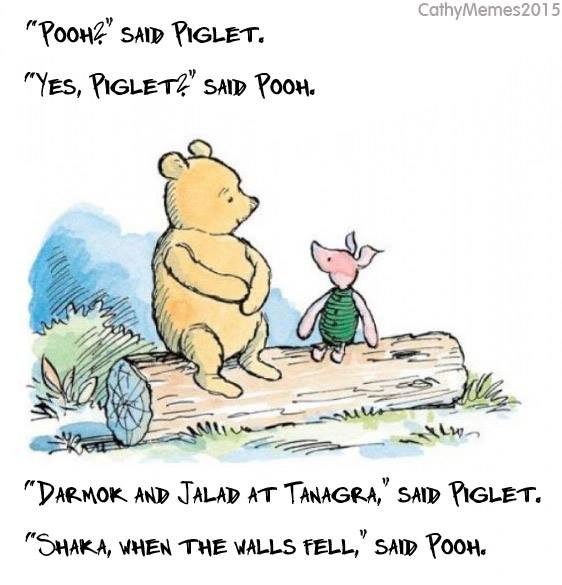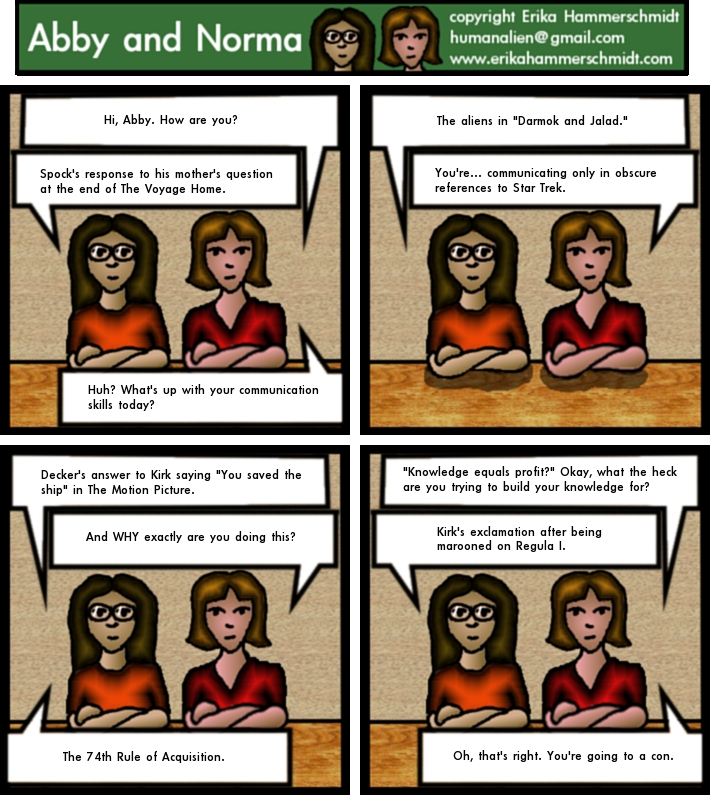So, in a previous post, (http://nayrb.org/~blog/2015/12/25/automation-and-machine-learning/), we talked about some methods to help you decide whether you actually needed Machine Learning or not to solve your problem. This post talks about some various different problem solving approaches and which types of problems they can make tractable.
I started my career fascinated by protein folding and protein design. By the time I got there, they had narrowed the question down to one of search: ‘Given this physics-based scoring function, how do I find the optimal configuration of this molecule’? There were a number of different techniques they were using: gradient descent, monte carlo, simulated annealing, but they all boiled down to finding the optimal solution to an NP-Complete problem.
As we know that biological systems can perform protein folding quickly, there must be some algorithm which can do this (even if it means simulating each individual electron). This can then be restated as a simulation/decision question, from the perspective of a cell/physics. Many other search problems have similar human-like or physics-like easier solutions (ways of finding the NP-Complete verifier). For example, as a traveling salesperson, you would look at the map, and be able to narrow down the routes to some smaller number, or be able to quickly narrow down the options to a small number of sets of routes.
In many ways, this is the ‘holy grail’ of Machine Learning, the ability for a machine to step away from what we tell it, and to be able to solve the problem in a more direct way. Heuristics are an attempt to solve this problem, but they’re always somewhat rules-based.
Next is clustering, best used for differentiating between different groups of things so that you can make a decision. My favourite is ‘Flow Cytometry’ https://en.wikipedia.org/wiki/Flow_cytometry, where you’re trying to differentiate different groups of cells, basically through clustering on a 2-D graph of the brightness of various fluorescent cell markers.
Customer persona clustering is another example, such as you might do for segmentation, where standard groups like age or location would not be good enough.
Machine Learning problems such as the Netflix challenge http://www.netflixprize.com/, where you want a large degree of accuracy in your answer, require the use of a number of techniques. (The problem was to take a list of customer movie ratings and predict how those customers would rate other movies.)
First, you need to clean and normalize the data. The authors were also able to separate the general opinion of each movie from the specific opinion each person had about each movie. (Each of these was about as important to the overall result.) Each of these normalizations or bias removals would likely have been done with some form of machine learning, suggesting that any comprehensive usage would require multiple pipelines or channels, probably directed by some master channels* learning from which of them were the most effective.
I wonder how much of what we do as humans involves breaking down the problem, to divide and conquer. When we’re asked for a movie recommendation, do we think of good movies first, then what that person would think of? Personally, I feel I get my best results when I try to put myself in that person’s shoes, suggesting there may be a long way still to go.
Perhaps looking at groups of movies, or some sort of tagging, to get at whatever ‘genes’ may be underneath, as you may like certain things about movies which are only imperfectly captured by how people like them similarly. (Or perhaps, the data is big enough to capture all of this. It’s fun to speculate. 😀 )
*This suggests a hierarchy, which is only one way of seeing the structure. Other views are possible, but outside the scope.

